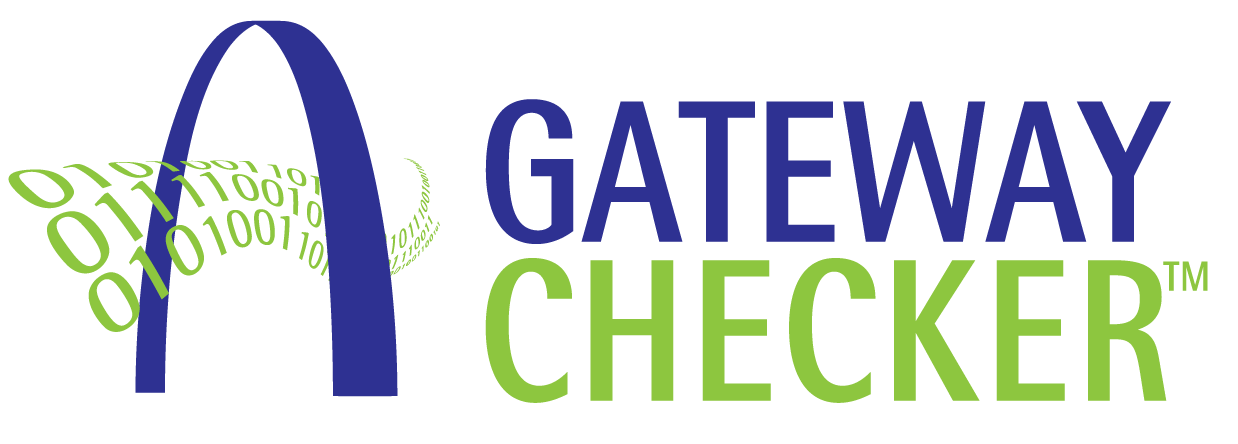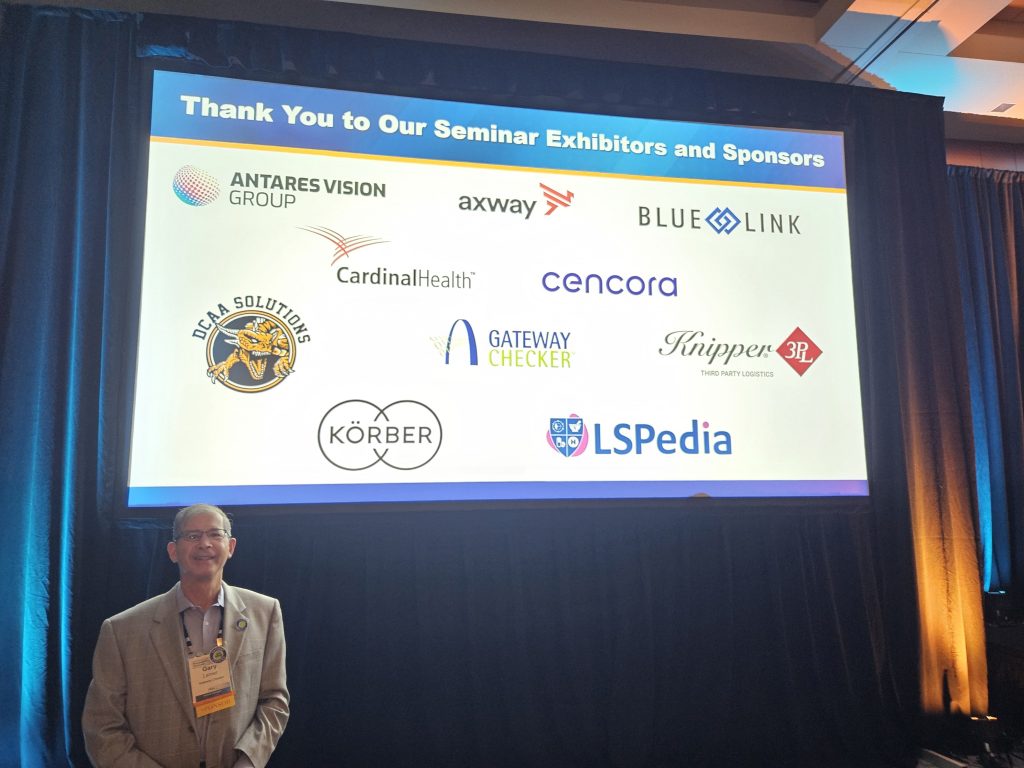According to the DSCSA Exemption Announcement from the FDA on October 9th, here are the specific components of the legislation that eligible trading partners are exempt from.
Section 582(g)(1)(A-F) for Manufacturers and Repackagers, Wholesale distributors, and Dispensers
‘‘(A) The transaction information and the transaction statements as required under this section shall be exchanged in a secure, interoperable, electronic manner in accordance with the standards established under the guidance issued pursuant to paragraphs (3) and (4) of subsection (h), including any revision of such guidance issued in accordance with paragraph (5) of such subsection.
‘‘(B) The transaction information required under this section shall include the product identifier at the package level for each package included in the transaction.
‘‘(C) Systems and processes for verification of product at the package level, including the standardized numerical identifier, shall be required in accordance with the standards established under the guidance issued pursuant to subsection (a)(2) and the guidances issued pursuant to paragraphs (2), (3), and (4) of subsection (h), including any revision of such guidances issued in accordance with paragraph (5) of such subsection, which may include the use of aggregation and inference as necessary.
‘‘(D) The systems and processes necessary to promptly respond with the transaction information and transaction statement for a product upon a request by the Secretary (or other appropriate Federal or State official) in the event of a recall or for the purposes of investigating a suspect product or an illegitimate product shall be required.
‘‘(E) The systems and processes necessary to promptly facilitate gathering the information necessary to produce the transaction information for each transaction going back to the manufacturer, as applicable, shall be required—
‘‘(i) in the event of a request by the Secretary (or other appropriate Federal or State official), on account of a recall or for the purposes of investigating a suspect product or an illegitimate product; or
‘‘(ii) in the event of a request by an authorized trading partner, in a secure manner that ensures the protection of confidential commercial information and trade secrets, for purposes of investigating a suspect product or assisting the Secretary (or other appropriate Federal or State official) with a request described in clause (i).
‘‘(F) Each person accepting a saleable return shall have systems and processes in place to allow acceptance of such product and may accept saleable returns only if such person can associate the saleable return product with the trans- action information and transaction statement associated with that product.
Section 582(c)(4)(D) For Wholesale Distributors
(D) VERIFICATION OF SALEABLE RETURNED PRODUCT: Beginning 6 years after the date of enactment of the Drug Supply Chain Security Act, upon receipt of a returned product that the wholesale distributor intends to further distribute, before further distributing such product, the wholesale distributor shall verify the product identifier, including the standardized numerical identifier, for each sealed homogeneous case of such product or, if such product is not in a sealed homogeneous case, verify the product identifier, including the standardized numerical identifier, on each package.
Section 582(d)(4)(A)(ii)(II) and (B)(iii) for Dispensers with 26 of more full-time employees*
‘‘(II) Dispenser must promptly conduct an investigation in coordination with trading partners, as applicable, to determine whether the product is an illegitimate product beginning 7 years after the date of enactment of such Act, verifying that the product identifier, including the standardized numerical identifier, of at least 3 packages or 10 percent of such suspect product, whichever is greater, or all pack- ages, if there are fewer than 3, corresponds with the product identifier for such product
‘‘(iii) RESPONDING TO A NOTIFICATION —Upon the receipt of a notification from the Secretary or a trading partner that a determination has been made that a product is an illegitimate product, a dispenser shall identify all illegitimate product subject to such notification that is in the possession or control of the dispenser, including any product that is subsequently received, and shall perform the activities described in subparagraph (A).
*Recall that an exemption was given to dispensers with 25 or less full-time employees already until November 27th, 2026. This is one year after the dispensers with 26 or more full time employees.
For any questions regarding the exemption, feel free to contact the Gateway Checker team


